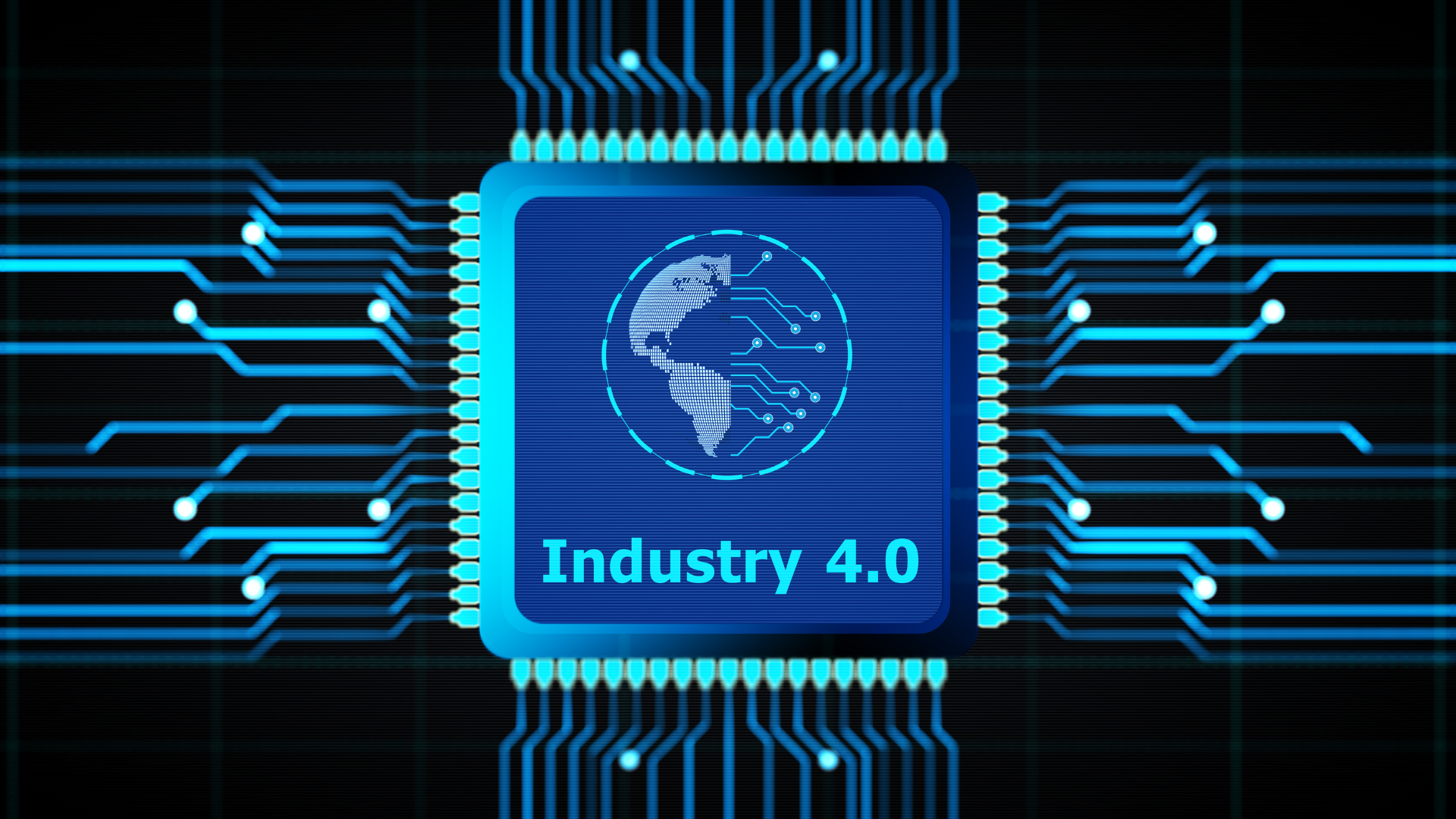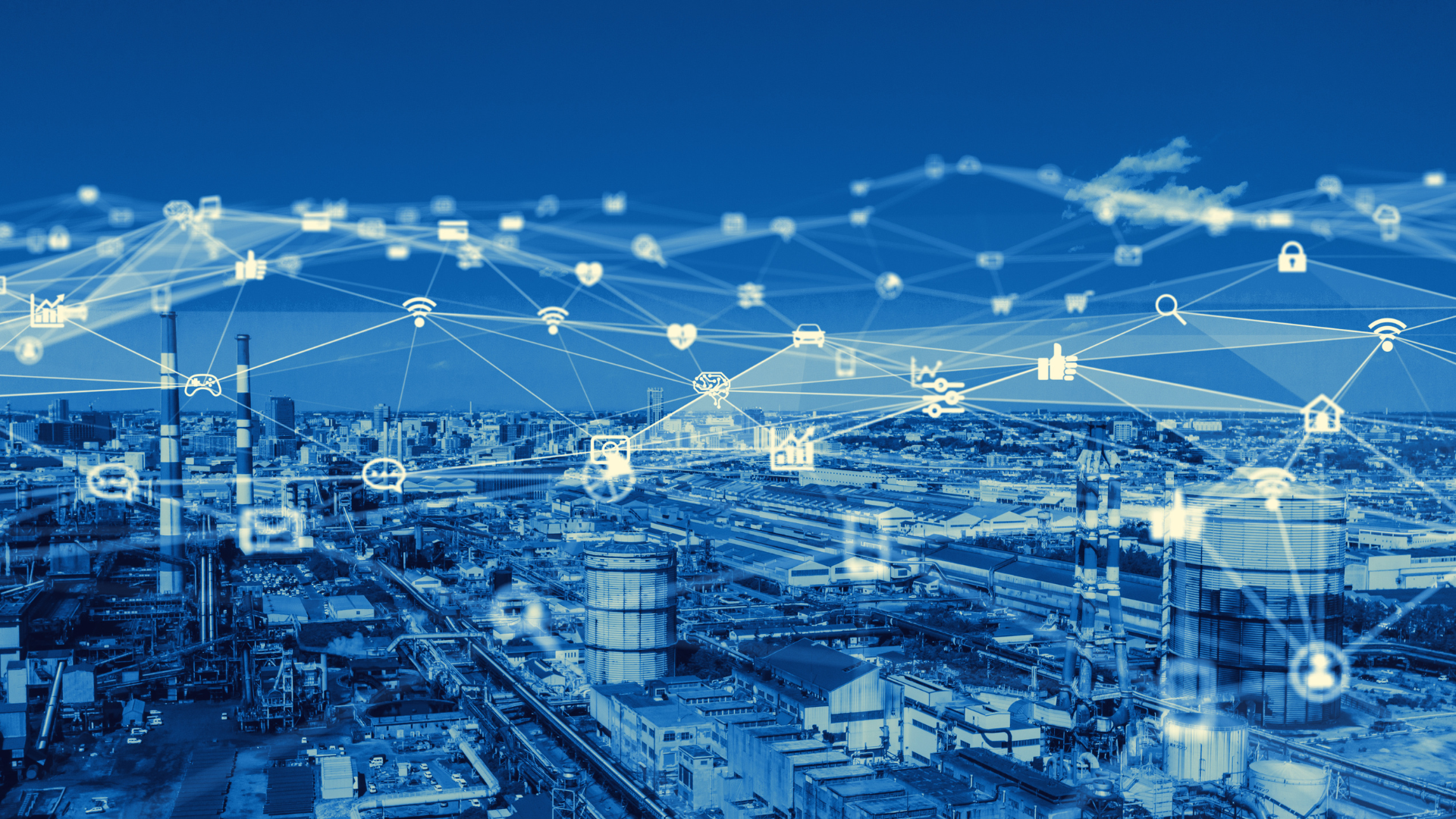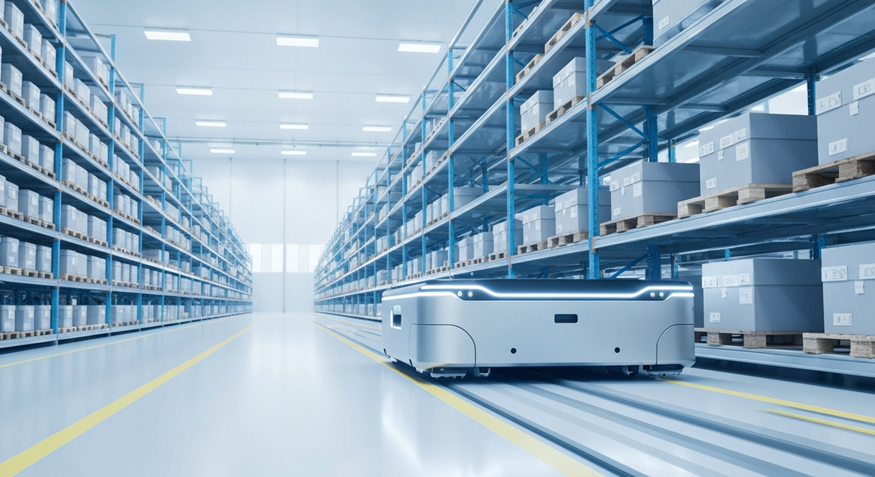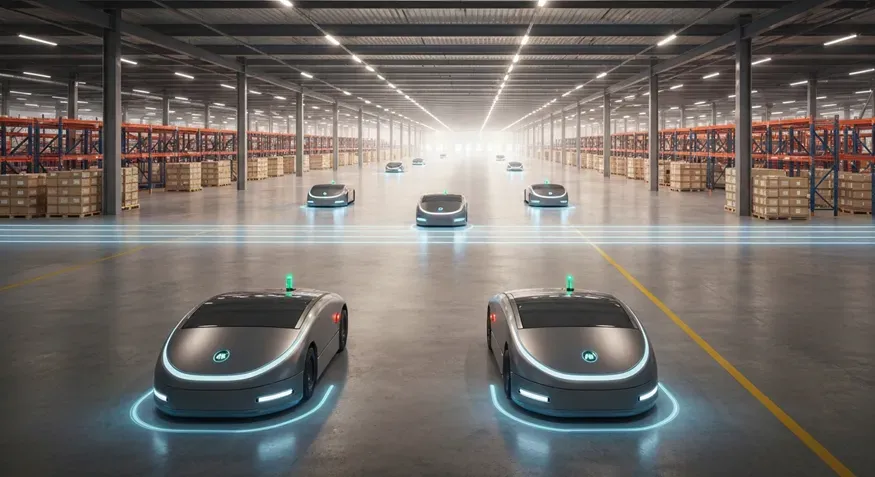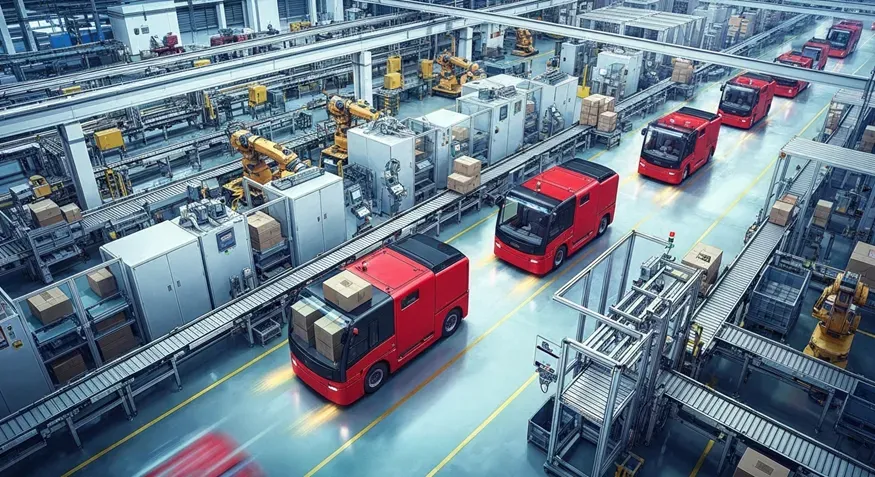At its core, the meaning of Industry 4.0 transcends mere technological innovation; it represents a holistic transformation in the operational fabric of businesses. This paradigm shift encompasses organizational and cultural changes alongside technological advancements, aiming to create intelligent, interconnected ecosystems. By embracing Industry 4.0 principles, businesses strive to foster sustainable growth and enhance competitiveness in a rapidly evolving marketplace. Thus, understanding the meaning of Industry 4.0 entails grasping its broader vision of ushering in a new era of digitization and efficiency.
Is Industry 4.0 Still a Thing?
5th Industrial Revolution
The emergence of the 5th industrial revolution heralds an era of unprecedented technological innovation, surpassing the achievements of Industry 4.0. With the integration of cutting-edge technologies like quantum computing, nanotechnology, and biotechnology, industries are poised for a paradigm shift in operations and capabilities. As businesses and societies brace for this transformative wave, proactive anticipation of its implications becomes imperative, guiding strategic decisions and fostering a resilient approach to future challenges. Embracing the opportunities presented by the 5th industrial revolution holds the key to unlocking new levels of efficiency, sustainability, and growth in the global landscape. Amidst these changes, creating informative and engaging Industry 5.0 PPT presentations becomes essential for effective communication and dissemination of knowledge.
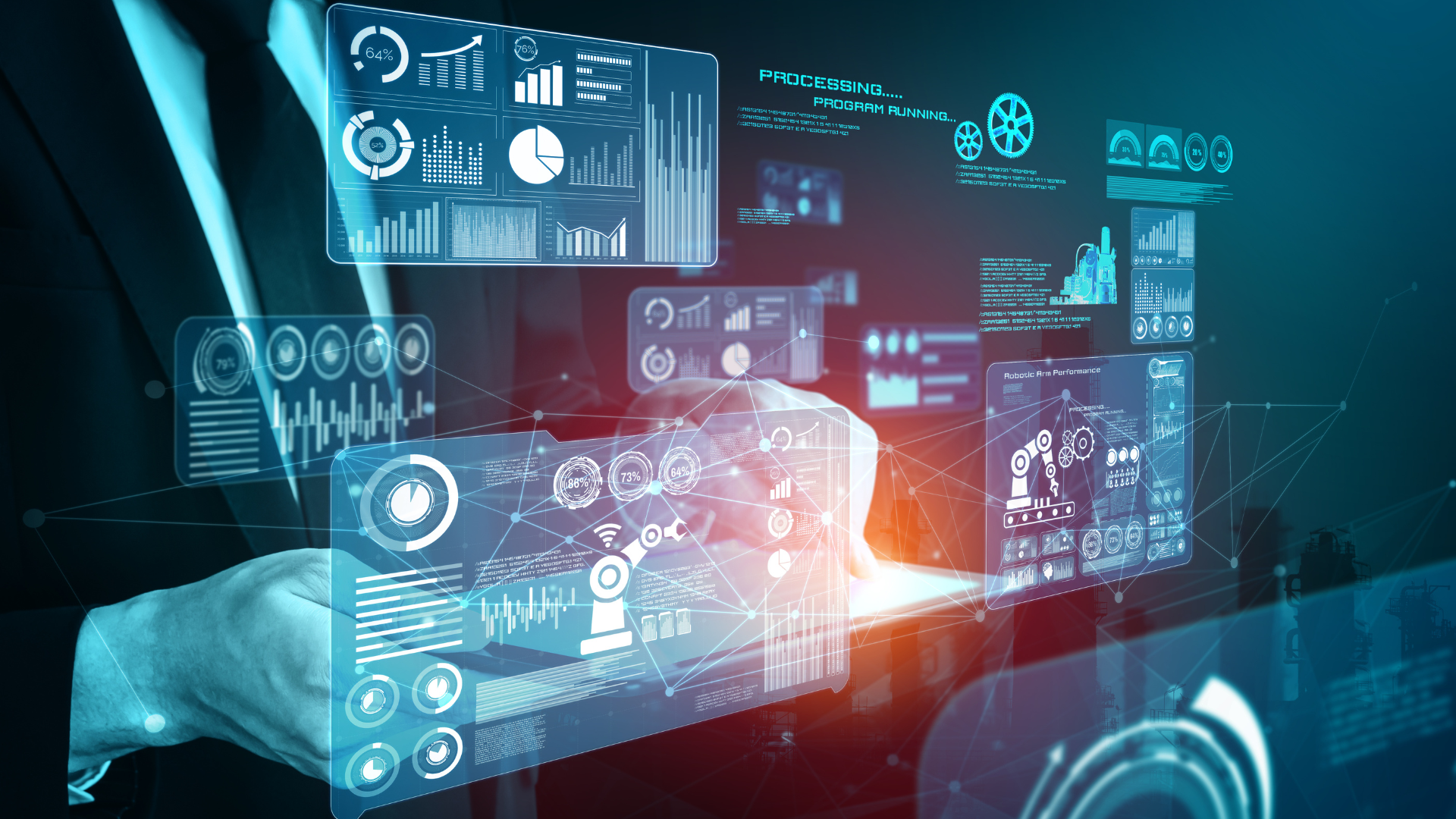
Is Industry 4.0 Still a Thing?
As we examine the relevance of Industry 4.0, it's evident that the continued adoption of its core technologies underscores its enduring significance in today's industrial landscape. Reports such as the Industry 4.0 Technologies PDF provide tangible evidence of ongoing initiatives and investments across diverse sectors, ranging from manufacturing to healthcare. Through the implementation of technologies like IoT, AI, and robotics, businesses worldwide are realizing the transformative potential of Industry 4.0 principles, driving digital innovation and operational efficiency. Thus, despite evolving technological landscapes, Industry 4.0 remains a pivotal force shaping the future of industries globally.
What is Industry 4.0 in Simple Terms?
Industry 4.0, in simple terms, refers to the integration of digital technologies into industrial processes to enhance efficiency, productivity, and agility. Examples such as smart factories, predictive maintenance, and autonomous vehicles illustrate how Industry 4.0 is reshaping traditional manufacturing and service operations. This paradigm shift towards interconnected systems and data-driven decision-making defines the essence of Industry 4.0.
What is Industry 4.0 Meaning?
How is Industrial Revolution 4.0 Important Nowadays?
In today's dynamic landscape, Industrial Revolution 4.0 stands as a cornerstone for driving innovation and unlocking economic potential. Through the adoption of Industry 4.0 technologies like IoT, big data analytics, and cloud computing, businesses gain the tools to optimize operations and deliver higher-quality products and services. This transformative approach not only meets the demands of modern consumers but also ensures sustained competitiveness in an increasingly interconnected global marketplace. Therefore, the significance of Industrial Revolution 4.0 lies in its pivotal role in propelling digital transformation and facilitating agility in response to evolving market dynamics.
What is Industry 4.0 in Simple Words?
In simple words, Industry 4.0 refers to the fusion of digital technologies with traditional industrial processes to create smart, interconnected systems. This integration enables real-time data exchange, automation, and decision-making, leading to increased efficiency and flexibility. Industry 4.0 represents a paradigm shift towards a more interconnected and data-driven approach to manufacturing and services.
What is the Industry 4.0 Policy?
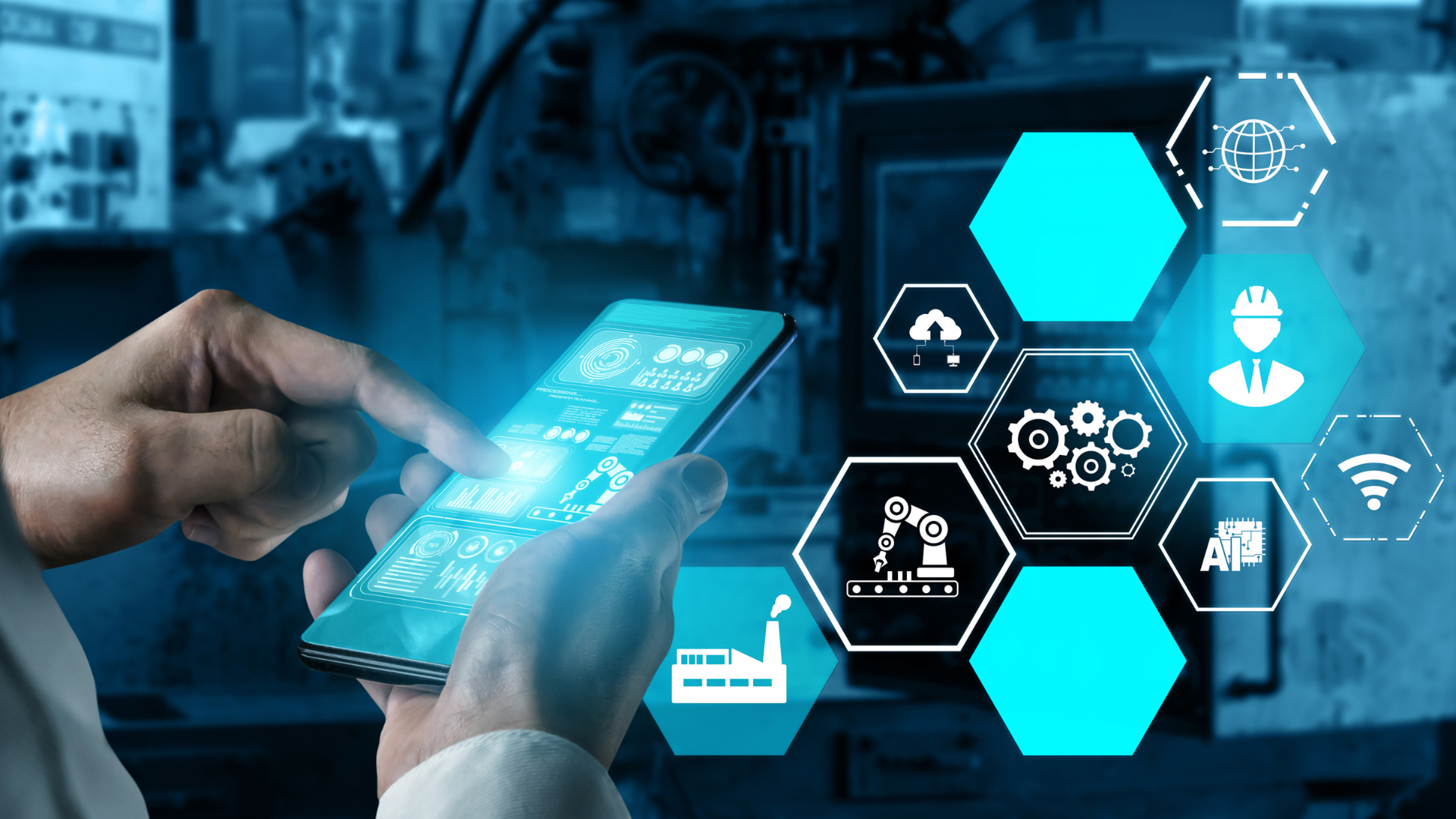
The Industry 4.0 policy constitutes a comprehensive framework of government initiatives designed to spur the integration of advanced technologies into industrial processes. These policies often encompass a range of measures, from funding programs to tax incentives, aimed at incentivizing research, innovation, and the adoption of Industry 4.0 technologies. By providing support and guidance, these policies facilitate the transition towards a more technologically advanced and competitive industrial landscape. Ultimately, the effectiveness of Industry 4.0 policies is instrumental in fostering national economic growth and maintaining competitiveness in the digital age.
Are We in the 4th Industrial Revolution
Undoubtedly, we find ourselves amidst the throes of the 4th industrial revolution, a period defined by the fusion of digital, physical, and biological realms. This transformative era witnesses the pervasive integration of technologies like IoT, artificial intelligence, and automation across diverse industries. The palpable shift towards Industry 4.0 principles underscores our current status within this revolutionary phase, as businesses and societies navigate the implications and opportunities inherent in this digital transformation. Embracing this era of innovation and adaptation, it's clear that we are firmly entrenched in a new industrial revolution.
What is Industry 5.0 McKinsey
What Does Industry 4.0 Mean
Industry 4.0 epitomizes a fundamental transformation in industrial practices, marked by the integration of cutting-edge technologies and data-driven methodologies. Beyond the mere deployment of advanced tools, Industry 4.0 signifies a holistic overhaul, affecting business models, organizational frameworks, and workforce dynamics. Delving into the meaning of Industry 4.0 entails grasping its multifaceted impact across various sectors, economies, and societal domains. At its core, Industry 4.0 represents a comprehensive reimagining of industrial processes, leveraging technology to drive efficiency, innovation, and sustainable growth.
How Does Industry 4.0 Affect People
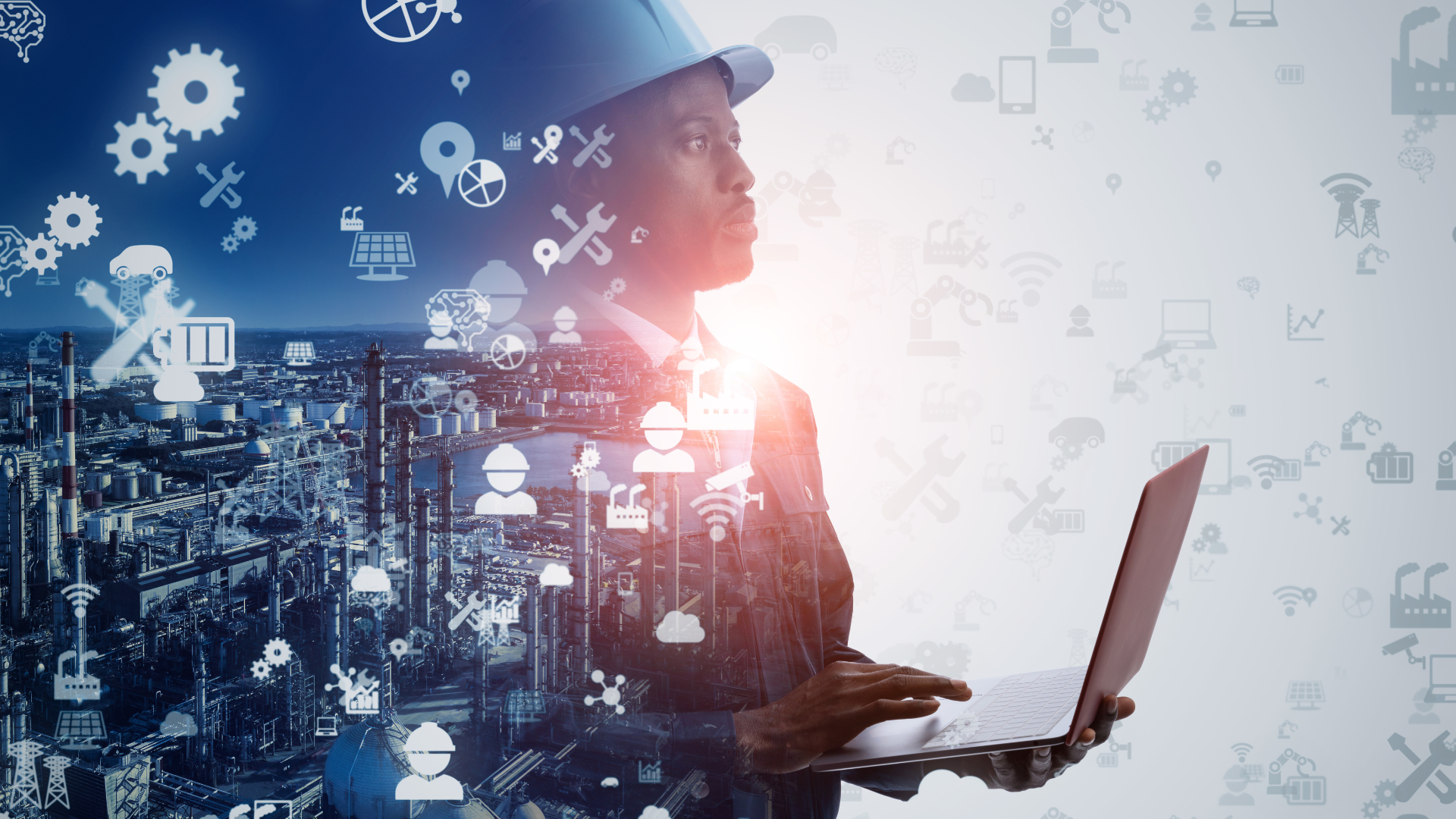
The advent of Industry 4.0 brings about profound changes in the lives of individuals, spanning from alterations in employment patterns to shifts in daily routines. While the rise of automation and digitalization may disrupt traditional job roles in certain sectors, it concurrently fosters avenues for skill enhancement, career adaptation, and entrepreneurial ventures. Furthermore, the integration of Industry 4.0 technologies translates into safer work environments, more efficient healthcare services, and the provision of tailored products and experiences, thereby elevating the overall standard of living for individuals worldwide. In essence, Industry 4.0 not only reshapes professional landscapes but also enhances societal well-being through innovation and technological advancement.
What is Industry 4.0?
What are the key Industry 4.0 technologies all explained in 10 minutes
Industry 4.0 encapsulates a spectrum of pivotal technologies that underpin digital evolution and progress across sectors. In just ten minutes, one can grasp the transformative potential of innovations like IoT, artificial intelligence, additive manufacturing, and augmented reality, each revolutionizing aspects of production, supply chain logistics, and customer interactions. The profound impacts of the 4th industrial revolution reverberate through enhanced efficiency, bespoke customization, and heightened sustainability efforts, laying the groundwork for a more interconnected and intelligent tomorrow. Through these advancements, Industry 4.0 promises to shape a future where industries thrive in a digitally-driven landscape, poised for unprecedented growth and innovation.

